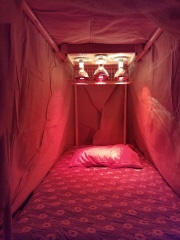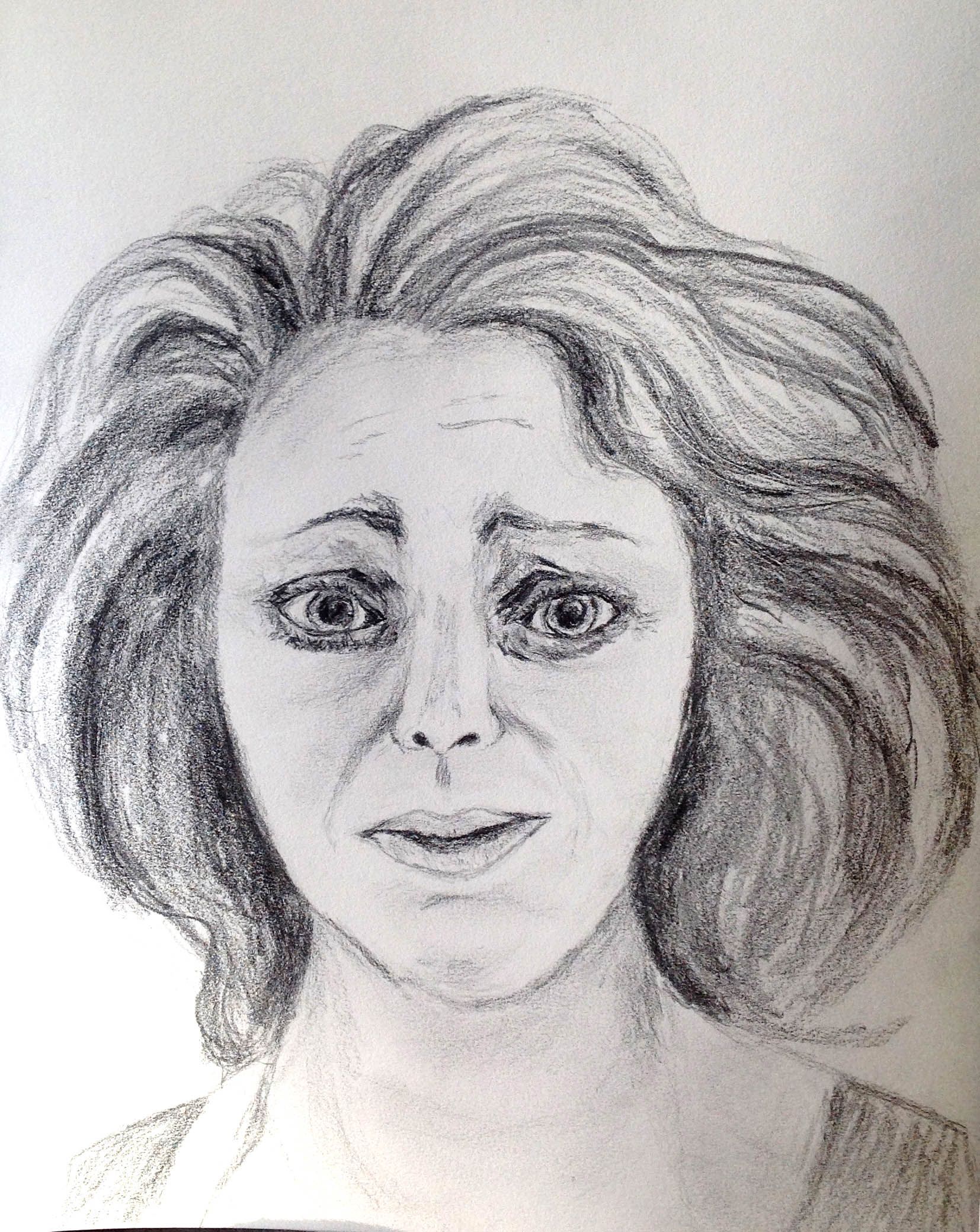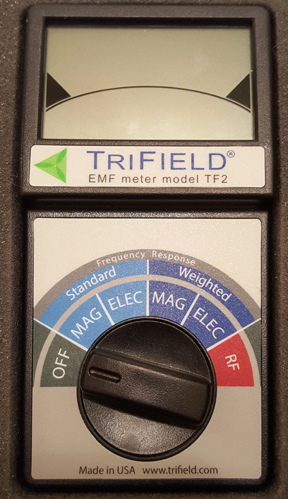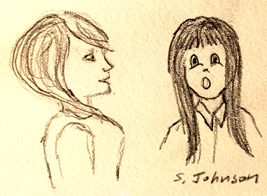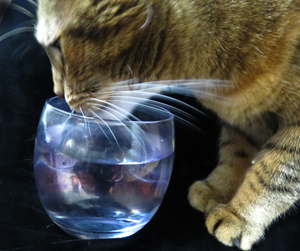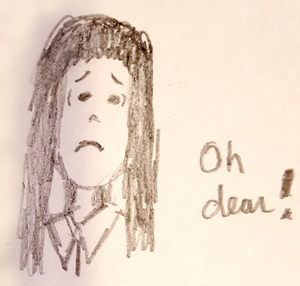Are you living under the influence of trauma? It is easy to see when a person is under the influence of drinking too much alcohol, or high on drugs. People who have experienced trauma are also often under the influence of that trauma. Usually people do now know how much their trauma has affected them.
Continue ReadingTag: anxiety
How an affordable near infrared sauna can reduce anxiety, improve sleep, calm an overactive nervous system and increase peaceful feelings
At the beginning of 2020 I became interested in building my own near infrared sauna with the goal to clear heavy metals from my body. I watched you tube videos how to make your own but I felt I did not have the skills to do this. I debated investing in a professionally built sauna that would cost $1200 to $5000 but I was afraid either that it would not help or worse yet, that I would not sit still long enough to use it.
A friend recommended I study Dr Lawrence Wilson’s website to learn more about saunas. Dr Wilson writes “I cannot say enough good things about near infrared sauna therapy”. He recommends using the sauna with his “development program” that includes much rest, alkaline diet with lots of cooked veggies, gentle exercise, meditation, spinal twists, frequent coffee enemas and taking supplements as recommended from having a hair mineral test analysis.
Depression, Insomnia and Anxiety Can Be Caused by Heavy Metals
Five years ago chiropractor Dr Mindy Pelz, near San Fransico CA, learned she had a very high level of the heavy metal lead in her body. She had wondered why she had suddenly become very tired and weak even though she ate a healthy diet, exercised regularly, did meditation and enjoyed her work. Once she learned of her high lead level, she worked to lower it and then devised what she believes is the best way to help people detox heavy metals. Since then she said has helped thousands of people clear out these toxins.
How EMF’s Increase Anxiety, Depression, Insomnia and Poor Concentration, and What You Can Do About It
Over the years I had heard scary youtube videos about how harmful EMF’s (Electromagnetic Frequencies) could be but I conveniently put these warnings out of my mind. Besides, I thought, they are all around us, what can we do anyways? A few months ago I heard an interview Dr Mercola did on EMF’s. (here) It made me pause. He recommended a book called The Non-Tinfoil Guide to EMF’s by Nicolas Pineault.
I did not think I was that sensitive to EMF’s. I have a couple friends who could not walk under power lines or use laptops due to their EMF sensitivity. Another friend noted her hand hurts if she uses her Ipad too long. Thinking about the Mercola interview, it occurred to me that although my life has become less stressful in the last 5 years, I have had worse insomnia. I recalled at night feeling I was “wired”, as if electricity or some kind of energy was running through my body preventing me from sleeping. I wondered if this was partly caused by EMF’s. I did an experiment to turn off my wi-fi and the breaker for electricity for my bedroom at night. I felt more peaceful. I thought, “I think I am on to something”.
Why I Prefer Natural Methods over Psychiatric Medications
Note: This blog is not medical advice and does not replace consultation with a qualified medical professional of your choosing.
When antidepressants started to become popular in the 1990’s, often they were not prescribed until the client had seen a therapist weekly for 3 to 6 months. If the therapy did not reduce the person’s emotional problems, medication was prescribed with the intention that it would be prescribed short term while the client continued to improve with the help of therapy. Now people are prescribed medication by their medical doctors or their psychiatrist at their first appointment. They are sometimes told they have a bio-chemical imbalance that will require them to take medication the rest of their lives. Often people take the medication and don’t seek therapy.
How EMDR Flash Technique Decreases Anxiety, Depression and Overeating
The therapeutic technique of EMDR is my favorite technique to use as I have found it helps my clients reduce their emotional pain quicker than other methods. I learned recently of a new development in EMDR called The Flash Technique that often quickens the recovery process.
To use the Flash Technique the therapist asks the client to rate how disturbing the problem is using a SUDS scale of 1 to 10, where a 1 is not distressing at all and a 10 is the most distressing possible. Numbers in between 1 and 10 show increasing levels of distress. The therapist asks the client to put that problem out of her mind, then to concentrate on a memory or activity or song that makes the person feel happy. The therapist instructs the client to tap her legs or arms alternatively, while thinking of the happy memory, then asks the client to blink her eyes 3 times when the therapist says Flash. This is repeated 5 times. The therapist asks the client to briefly rate the original problem again on a scale of 1 to 10. This sequence may be repeated 2 to 5 times. By then, the original problem is most often felt to be much less disturbing.
How Fasting Can Reduce Anxiety and Depression
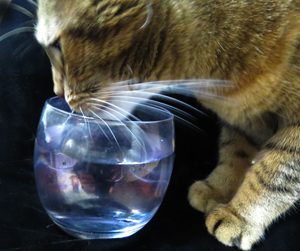
I am always looking for additional ways to help my clients reduce their depression and anxiety using natural methods. I have been hearing lately how beneficial fasting is to one’s health. I was impressed what I learned about water fasting in a documentary called “The Science of Fasting”. You can watch the documentary here.
(Note: I would not advise anyone to go on a water fast over a day without supervision from a health practitioner and preparation of shorter fasts with a clean diet.)
The documentary starts in the Soviet Union at the Therapeutic and Health Clinic in Sibera, Russia, where over 10,000 people have received treatment from 1972 to 2012. They are still open. This center uses water fasting, the most difficult kind of fasting there is. They admit it can be a difficult experience especially the first 3 days when people experience acidosis. After the first week, the staff said the fasting usually gets easier. (I believe they glossed over how hard it can be according to other people’s experiences I have read about.)
Exercise Decreases Anxiety and Depression
To Worry or Not to Worry-that is the choice (Reducing Anxiety)
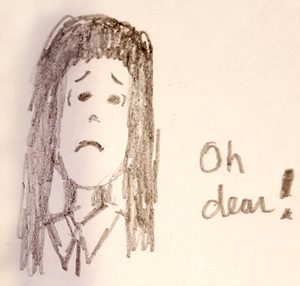
Van Wilder once said “Worrying is like a rocking chair. It gives you something to do but it doesn’t get you anywhere”. Actually worry does take you somewhere. It takes your imagination down the road that creates misery regarding something that has not happened yet and very possibly may never happen.
Bryon Katie, a well- known author of 8 books, said “If you want a little terror, get a future.” In other words if you don’t want to worry, come back into today by practicing mindfulness of the present. It need not be anything time consuming or complicated. It could be as simple as petting your cat or texting a friend.
The Highly Sensitive Person and Anxiety
 In the mid 1990s a friend of mind told me about a book that would change my life: The Highly Sensitive Person-How to Thrive When the World Overwhelms You by Elaine N.Aron. The author writes that 15 to 20 percent of the population has a sensitive nervous system that causes these people to be more sensitive emotionally and physically. In our culture this trait is usually not seen favorable while in other countries such as China being “shy and sensitive” is seen favorably. In our culture the highly sensitive person may be told “you are too sensitive!” or as a child, called a “cry baby”. These negative messages increase the anxiety and lower self esteem of sensitive people.
In the mid 1990s a friend of mind told me about a book that would change my life: The Highly Sensitive Person-How to Thrive When the World Overwhelms You by Elaine N.Aron. The author writes that 15 to 20 percent of the population has a sensitive nervous system that causes these people to be more sensitive emotionally and physically. In our culture this trait is usually not seen favorable while in other countries such as China being “shy and sensitive” is seen favorably. In our culture the highly sensitive person may be told “you are too sensitive!” or as a child, called a “cry baby”. These negative messages increase the anxiety and lower self esteem of sensitive people.

